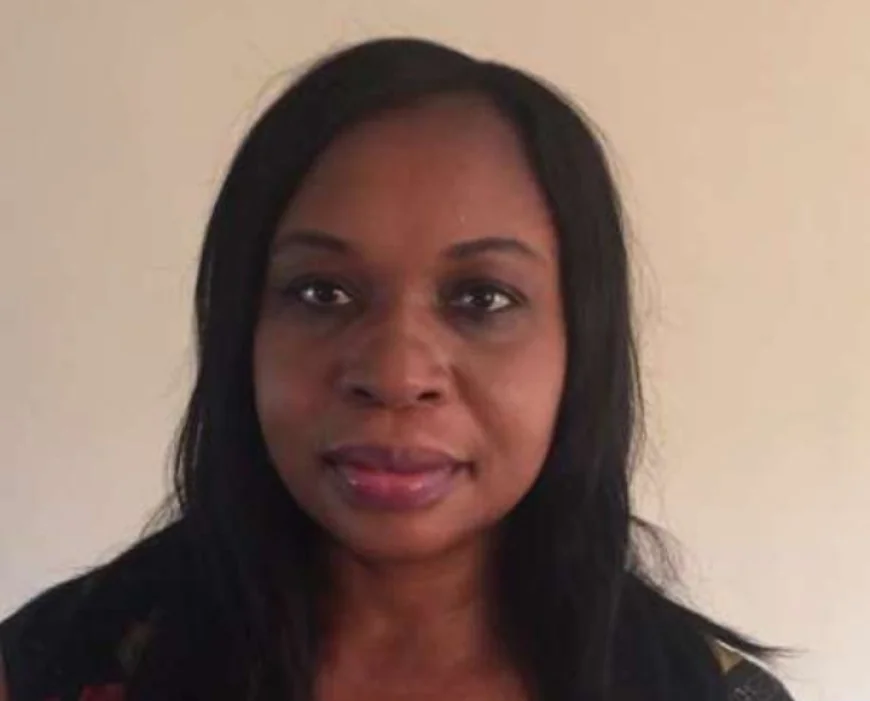Victoria Bright Slams Suspended Chief Justice Over Press Conference
Legal Expert Says Torkornoo Flouted Constitutional Rules by Going Public

Renowned legal practitioner Victoria Bright has criticized suspended Chief Justice Gertrude Sackey Torkornoo for publicly challenging the ongoing impeachment process against her, describing her actions as a disregard for constitutional protocol.
Speaking during a panel discussion on JoyNews’ flagship programme Newsfile on Saturday, Bright said the Chief Justice’s public statements undermined Article 146 of the 1992 Constitution, which requires such proceedings to be held privately.
■ Bright: Torkornoo Should Have Respected Constitutional Boundaries
“I would have wished she respected the constitutional procedures under Article 146, which clearly state that impeachment hearings must be conducted in camera,” Bright stated. “What we’re hearing is only her version, yet there’s a panel of competent and impartial individuals handling the matter.”
■ No Room for One-Person Interpretations, Bright Insists
Madam Bright cautioned against unilateral interpretations of constitutional processes. “This matter rests with the President and the Council of State, not with one individual—no matter how high-ranking. The Chief Justice cannot decide to rewrite the rules to suit herself,” she asserted.
■ Torkornoo’s Transparency Claims Questioned
Justice Torkornoo had argued during her June 25 press conference that the secrecy of the proceedings was unwarranted, especially as the allegations posed no threat to national security. But Bright pushed back, saying the in-camera rule exists to protect the integrity of the process—not to shield wrongdoing or obstruct justice.
■ Five-Member Panel Entrusted with Fairness
Bright reaffirmed confidence in the committee overseeing the impeachment inquiry, which includes senior judges and neutral experts. “It’s not for the Chief Justice to interpret the rules now that she is subject to them. Due process must be followed by all, even the most senior members of the judiciary,” she concluded.


